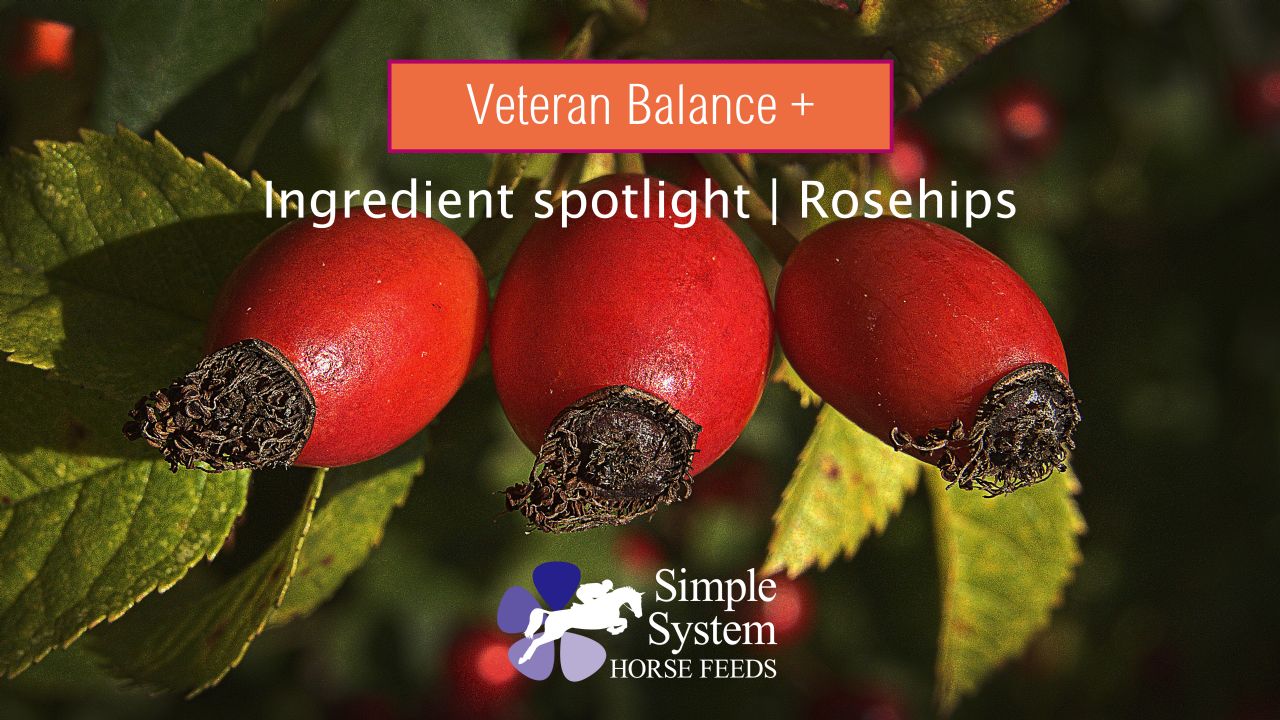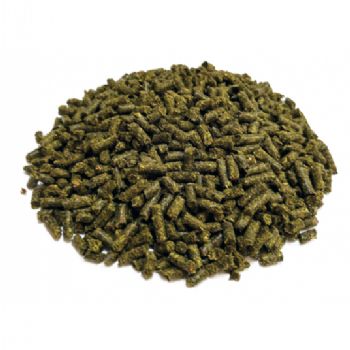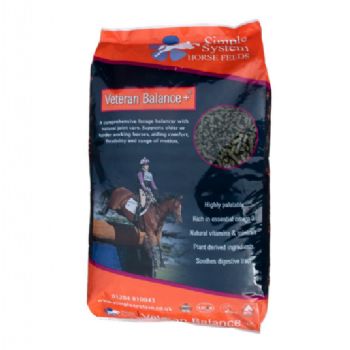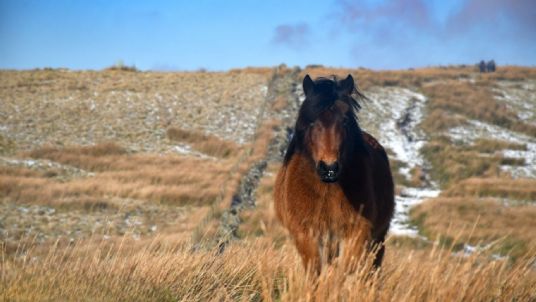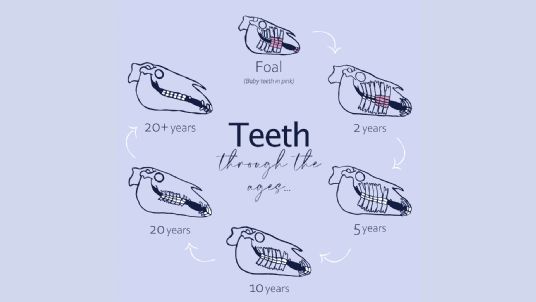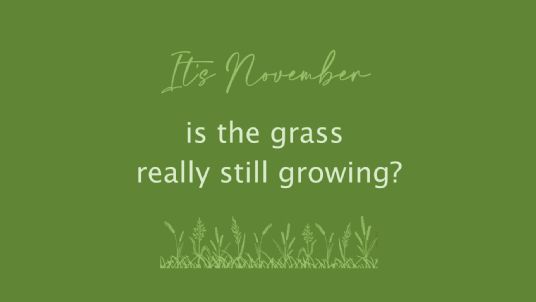Ingredient spotlight | Rosehips
Rosehips are an important, functional ingredient in Veteran Balance +, our pelleted balancer with joint support for older or hard-working horses.
Rosehips are naturally high in a wide range of antioxidants, and it is these antioxidants that are particularly beneficial when caring for our horse's joints and overall health. Many of us have heard of antioxidants and we all know they are good for us, but why do we need them in the horse's diet?
Although oxygen is vital to support life, the natural process of oxidation produces free radicals, which are harmful to horses (and humans). They cause damage to cell membranes, contributing to the aging of tissues like cartilage, and diseases like inflammatory arthritis. Antioxidants work to neutralise these free radicals, reducing and even sometimes preventing them from causing damage.
In the wild, horses would not only graze upon grass, they would also browse upon plants, herbs and shrubs they would find in their natural environment. This would include plants with high antioxidant levels, like rosehips. Most horse pasture today does not provide access to such plants, so we use feeds to provide a top-up.
Back to rosehips... The most common antioxidant found (and in higher levels than most plant sources) is ascorbic acid - also known as Vitamin C. Well recognised for benefiting the immune system and overall health, Vitamin C is also required for collagen synthesis. This supports the function of cartilage in the joints. Whilst horses are able to make their own Vitamin C, older horses and those in harder work, will often benefit from a top-up.
Some other antioxidants found in rosehips include the carotenoids, lycopene and beta-carotene. Both have anti-inflammatory properties and help to combat free radicals.
Veteran Balance + has been carefully formulated to have a high enough inclusion of rosehips for them to function, aiding flexibility and range of motion.
The other ingredients in Veteran Balance + are also included at functional levels…
- Sainfoin - the base forage, naturally high in nutrients and condensed tannins which can aid the absorption of protein. It also adds variety and supports gut function.
- Cooked full fat linseed - an oil source with anti-inflammatory properties, having the optimal balance of essential omega oils.
- Seaweed meal - providing natural vitamins and amino acids to support the coat, hooves and overall health.
- Stabilised dried yeast - a natural prebiotic, rich in B-group vitamins, aiding the absorption of nutrients.
- Sodium chloride – salt is essential in for all horses to maintain electrolyte balance.
- Spearmint – aids digestion and supports gut function.
Did you know? We only use rosehips from the wild dog rose, Rosa canina. This plant can be found as a hedgerow and open woodland plant in the UK, attracting pollinating insects and birds, such as Blackbirds, Fieldfare and Redwings. They can be ideal for hedging or decoration / landscaping around the yard, as well as providing healthy enrichment for your horse.
If you'd like to learn more about the suitability of our ingredients for your horse, our Feed Line nutrition team will be happy to help. Contact us by phone on 01728 604 008, by email to info@simplesystem.co.uk or complete our feeding advice form.
